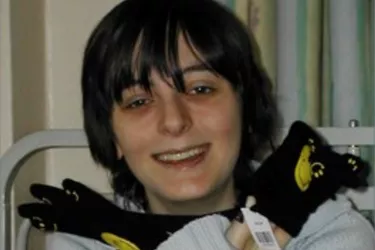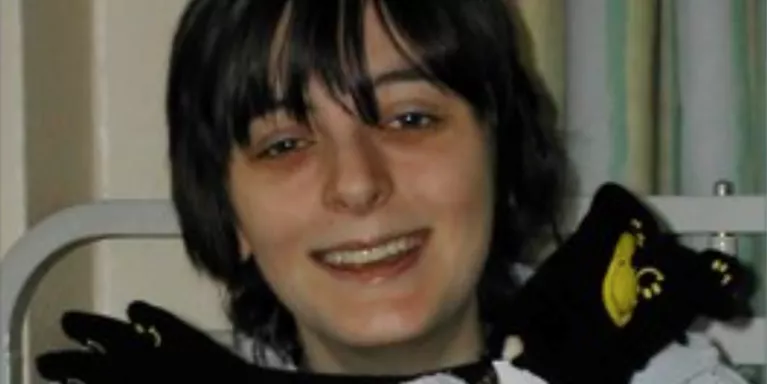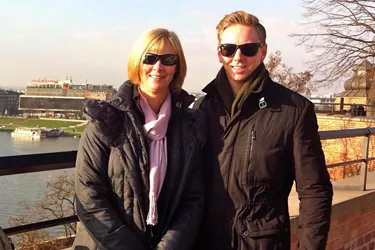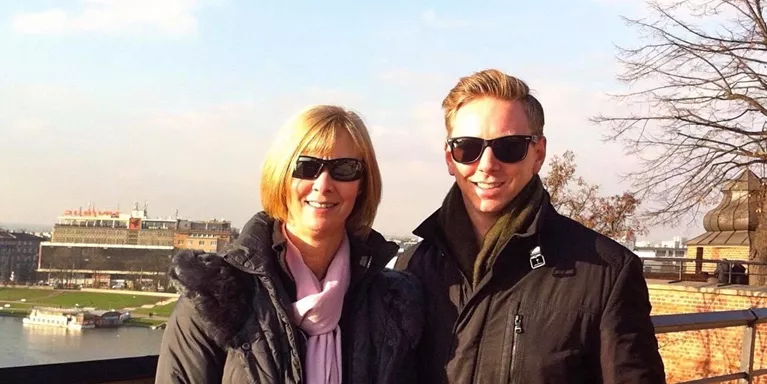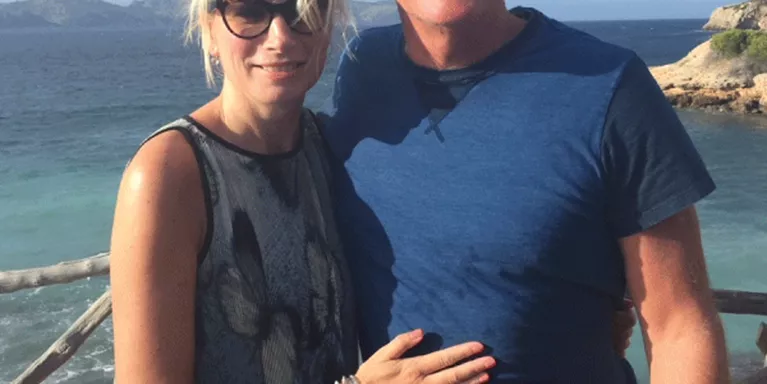Losing my dad
For World Suicide Prevention Day, Mim talks about losing her dad after he took his own life and the impact it has had on her own mental health.
Every day on my way to work, I walk past the place where my dad chose to end his life. On a good day I blow a kiss to what I call ‘his spot’.
But on a bad day, I get frozen there unable to move filled with guilt, regret, anger and sadness over his passing. The many unanswered questions prevent me from carrying on with my day, usually making me late for work.
Six months before losing my dad, I’d come home from six years of living overseas travelling and working on my own. I was settling back into work as a primary school teacher whilst studying for an MSc in social work.
"I was confident, social, adventurous and so positive about life, clueless about how quickly my life was about to change."
After losing my dad, I became socially isolated. I couldn’t bring myself to go out much which was very out of character and I started to notice that I was spending whole weekends indoors. People would invite me out but I’d make excuses at the last minute.
I could feel my mental health deteriorating, but was unable to talk about how I felt and I started to wonder if this was how my dad had been feeling.
"Helpless, unable to escape thoughts, I started developing suicidal thoughts. They became quite intrusive and I knew I was in a crisis…"
I later found out that losing someone to suicide increases family and friends’ risk of attempting suicide by 65%.
I felt like a different person, everything that I thought I knew I questioned and it was hard to point to exactly how I had gotten to where I was. I was well and truly lost in my own grief and the guilt was consuming me. I hated seeing people in the street as I was convinced they were judging me for my dad’s passing, I often wondered whether people thought it was something that we had done as a family and somehow drove him to it.
But, I had no idea my dad was so unwell. I’d come home from travelling to my mum and dad living separately and I knew that they were going through a tough time, but they had had difficult times before.
My dad had lost his mum a few years before and her passing was particularly difficult. Looking back, he had never really allowed himself to grieve and he went back to work the same day that he lost her.
"He had never been one to express his emotions. Coming from a proud Caribbean family where the beliefs are that men are strong, tough and the head of the family, admitting feelings was seen as a weakness."
Looking back, I now know that these significant life events were signs, clues that I had missed that I now know can lead to depression.
"I often feel frustrated and resentful at myself for not paying more attention, for not doing more, for not checking in on him, for not asking simple questions. My inner monologue repeats ‘if only I’d’ constantly."
I’m not sure whether it would have changed the outcome, but I know I could have been satisfied that I had tried my best.
Research tells us that even when people are convinced that they want to end their life there is a small part of them that wants to live. We need to know and understand how to fan these little flames of hope in order to save more lives and to help more people to know that there are other choices out there for them.
Recognising the signs is a good place to start in order to help provide support. With suicide being the leading cause of death in men under 50, we know that men are at risk and we know that they hide their emotions, but there is a missing link.
There needs to be more awareness about the damaging ‘real man’ ideology as it’s placing unreal expectations on men to ‘keep it all together’. Instead we need to encourage people to express these emotions and find a way of conveying to men that it's ok not to be ok and to talk more.


Information and support
When you’re living with a mental health problem, or supporting someone who is, having access to the right information - about a condition, treatment options, or practical issues - is vital. Visit our information pages to find out more.
Share your story with others
Blogs and stories can show that people with mental health problems are cared about, understood and listened to. We can use it to challenge the status quo and change attitudes.










